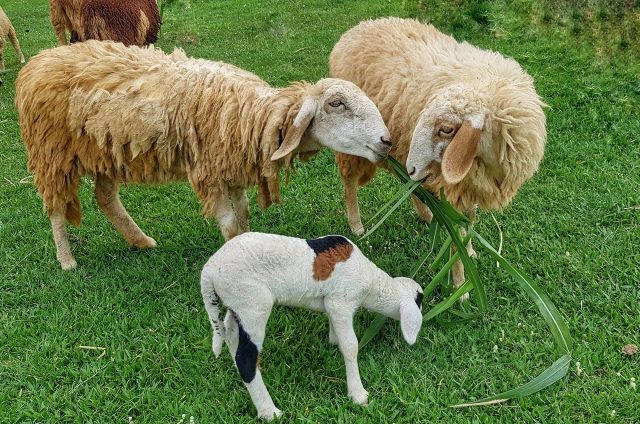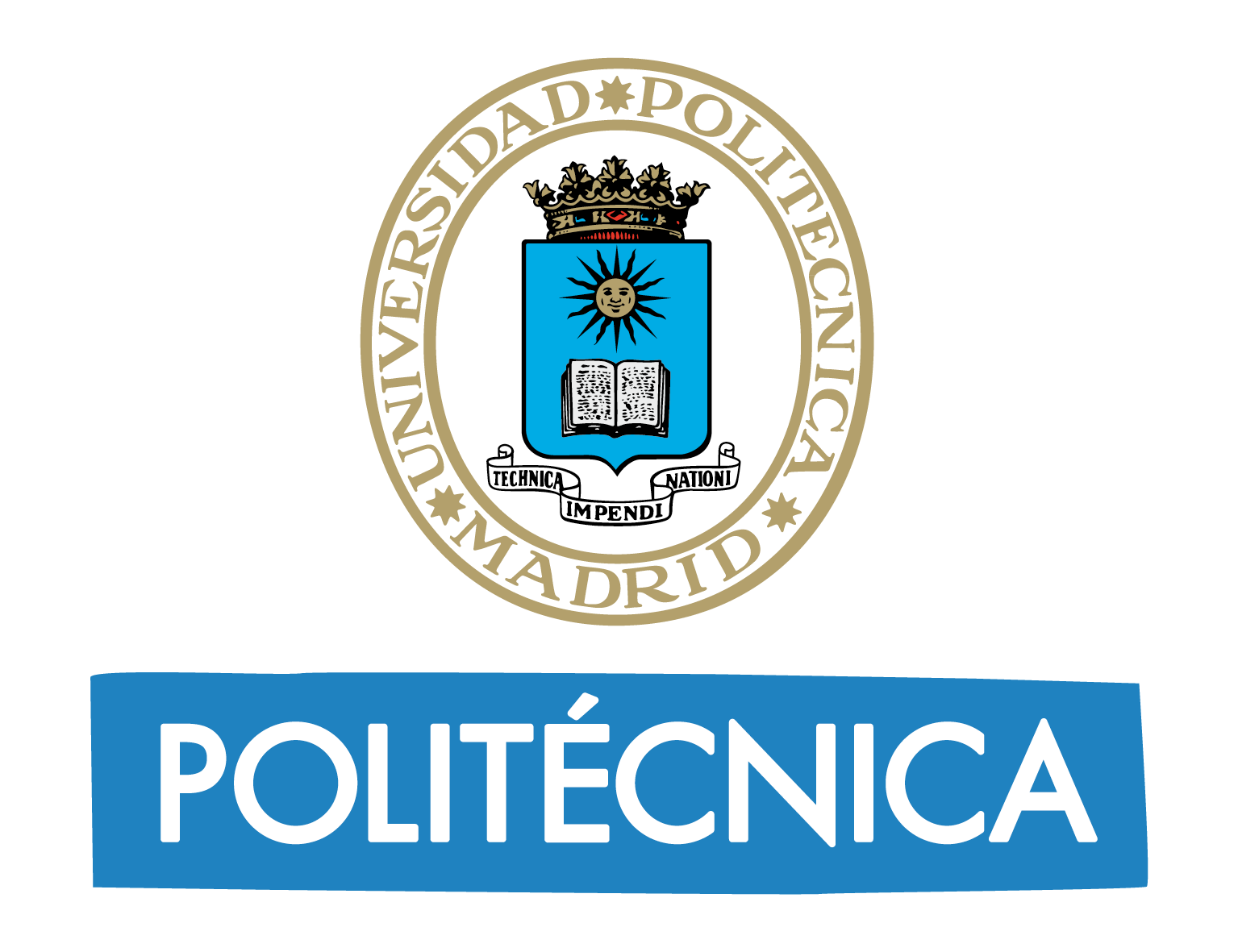Recycling agro-industrial by-products for animal feeding
Besides reducing the environmental problem caused by their accumulation, the use of plant and fruits wastes in livestock diets can improve both livestock health and the quality of animal products.
The accumulation of agro-industrial by-products is a major environmental threat, and their use in livestock feeding would help in solving the problem. Furthermore, these by-products may improve animal health and meat and milk quality, since some of them are rich in bioactive compounds. Researchers from the Universidad Politécnica de Madrid (UPM) are working on getting practical information to facilitate the use of by-products in the feeding of small ruminants such as sheep and goats.

Spain is the second largest fruit and vegetable producer in Europe and the leading exporter. This makes the fruit and vegetable sector the most important in the national agricultural sector, with an industry that generates massive amounts of plant wastes. Many wastes have high nutrient contents, though they also have high polluting potential. Companies are, in consequence, working to find new ways of using these wastes and one of the most promising alternatives is their use in livestock feeding.
The use of any resource as animal feed requires to determine its nutritive value. However, this assessment is complex for agro-industrial by-products because of their heterogeneous, variable, and sometimes unbalanced composition. Hence the importance of the project financed by the State Research Agency that is being carried out at the UPM in collaboration with researchers from the Universidad de León and the Zaidín Experimental Station (Granada, CSIC).
"There is an increasing use of agro-industrial by-products in animal feeding is being caused not only by the high costs of conventional feeds but also by the high pollution problems produced by their accumulation. Besides, the use of locally-produced by-products would reduce the carbon footprint of animal products and decrease the direct competition with humans because most by-products are not human-edible. " is explained by Dolores Carro, Professor at the Escuela Técnica Superior de Ingeniería Agronómica, Alimentaria y de Biosistemas (ETSIAAB), the institution where the project is being conducted.
When reviewing previous work in this area, Professor Carro mentions two recent studies [Marcos et al., 2020; De Evan et al., 2020] that have examined the potential of by-products generated in three predominant sectors from the Mediterranean area. Researchers evaluated the effect of partly substituting conventional ingredients in a high-cereal concentrate with DDGS (by-products of the biofuel sector), dehydrated citrus pulp and olive cake. It was particularly expected that the last two by-products would improve animal product quality and livestock health, due to their high polyphenols content. Fattening lambs and dairy goats were fed with the concentrate containing the by-products (18% of the first two and 8% of the third) and the results obtained showed that the by-products did not have any adverse effects on feed consumption, productive performance or animal health.
Apart from all the above mentioned, it has to be added that the inclusion of by-products reduced both the proportion of human-edible ingredients (64.4% to 38.7%) and the cost of the concentrate. The expected improvement of the products was also achieved, as the fatty acid content of the lamb meat and the goat milk was shifted towards a healthier profile and the shelf life of lamb meat was increased.
There are multiple benefits of including agro-industrial by-products in animal diets, and their contribution to livestock farms sustainability should also be highlighted. Professor Carro is the coordinator of the Animal Production group at the UPM and has no doubts about the importance of this aspect. "Achieving sustainable livestock production is a key demand for animal products especially in a context of growing concern for environmental protection, animal welfare and animal product quality", states the professor.
MARCOS C.N., CARRO M.D., FERNÁNDEZ YEPES J. E., HARO A., ROMERO-HUELVA M., MOLINA-ALCAIDE E. 2020. “Effects of agro-industrial by-products supplementation on dairy goats milk characteristics, nutrients utilization, ruminal fermentation and methane production”. Journal of Dairy Science 103: 1472–1483.
DE EVAN T., CABEZAS A., DE LA FUENTE J., CARRO M.D. 2020. “Feeding agroindustrial byproducts to light lambs: Influence on growth performance, diet digestibility, nitrogen balance, ruminal fermentation, and plasma metabolites”. Animals, 10, 600.


